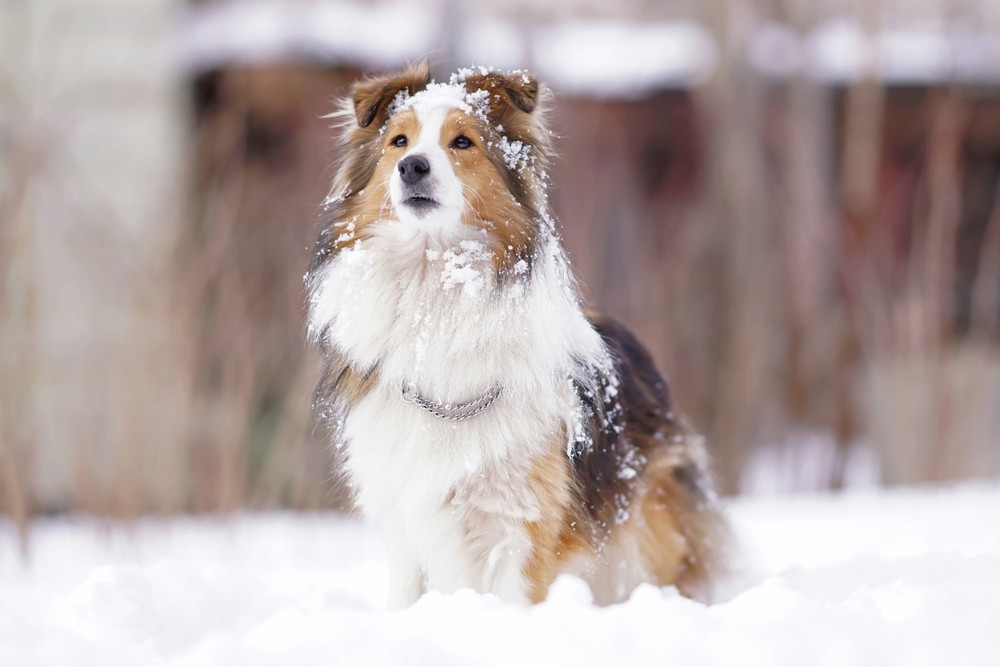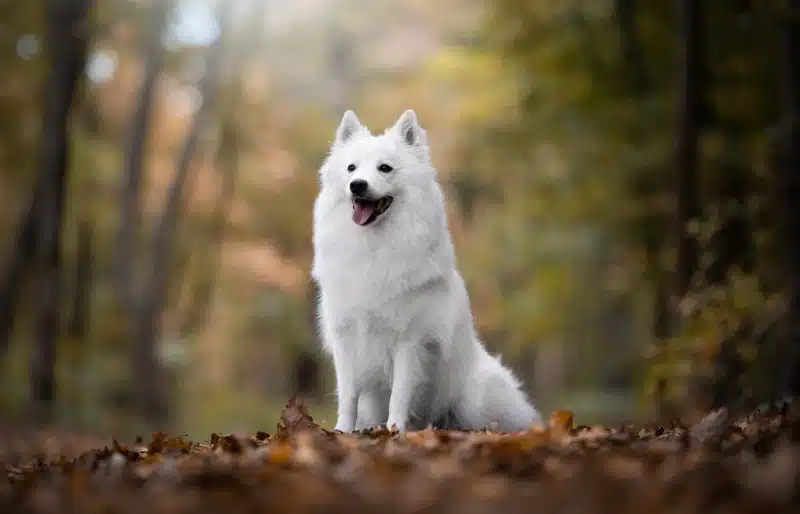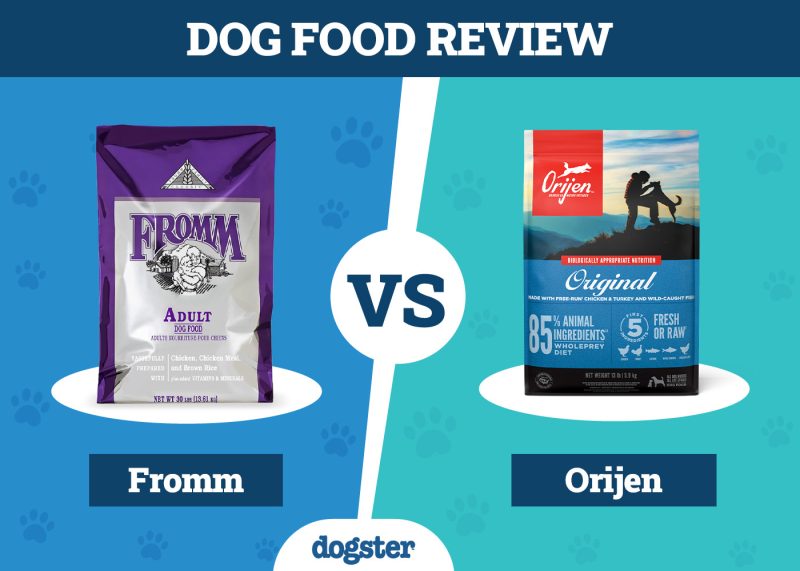Many people think that whether a dog is still a puppy is based on their personality and their energy levels. It is easy to play a rousing round of fetch with your dog and think, “Man, he’s still a puppy.” But is that true? Are 2-year-old dogs still puppies?
Many people assign the “puppy label” to dogs based on their perception of the dog when, in reality, your dog’s life stage is primarily determined by their overall physical maturity. Two-year-old dogs have generally finished growing and are considered young adults rather than puppies.
Here is when dogs become adults and how their behavior plays a factor in people’s perceptions of dogs’ puppyhood.

Is a 2-Year-Old Dog Still a Puppy?
The answer is generally no. A 2-year-old dog will be finished growing and will be considered a young adult. Some large breed dogs will grow up until they are 2 years old but will usually be finished by their second birthday. Some giant breed dogs may grow a little after their second birthday, but the period of rapid growth would still have ended.

When Do Puppies Become Dogs? What Science Says
What determines when dogs are no longer a puppy is their age, the cessation of their growth, and the completion of both physical and social maturation. However, the exact point at which a dog is no longer a puppy will depend on each individual dog, influenced by their size and breed.
The American Animal Hospital Association (AAHA) Canine Life Stage Guidelines, revised in 2019, divide a dog’s lifespan into five stages:
- Puppy
- Young adult
- Mature adult
- Senior
- End of life stage
Below is a breakdown of the four main life stages (minus the end of life stage).
| Stage | Average Age Range | Milestone |
| Puppy | 0–6 to 18 months | Still growing rapidly. Varies with breed and size |
| Young Adult | 9–18 months to 4 years | End of rapid growth until completion of physical and social maturation (3-4 years of age in most dogs) |
| Mature Adult | 4–9 years | Has settled into a general life pattern with few changes |
| Senior | 9+ years | The last 25% of the estimated lifespan |
The exact point at which a puppy becomes a young adult is different for each dog, and the transition from one life stage to the other is gradual. It can be challenging for a person to know for sure if their dog is at the end of this period of time, and a vet is the best person to ask.

What About Our Perception of a Dog’s Age?
Some people might feel that their dog has matured enough to stop being a puppy, even if they have not stopped growing. This perception is based on a dog’s physical maturity and social maturity. It is possible for a dog to be physically done growing but still act or behave like a puppy.
Physical Maturity
Whether a dog is a still puppy or not is usually determined by their physical maturity. The reason for this simplified grouping is that their health needs change at this point, particularly in relation to nutrition, preventative care, and reproduction. A growing puppy requires more calories, protein, and calcium in their diet, but when the period of rapid growth has ended, they need to be transitioned onto an adult food to remain healthy and not gain excess weight.
The age at which a puppy is considered a young adult will depend on their breed and size. As a rough guide, your puppy will become a young adult approximately at the following ages:
- Extra-small breed (10 pounds): 6–8 months
- Small breed (10–25 pounds): 8–10 months
- Medium breed (26–55 pounds): 10–12 months
- Large breed (56–100 pounds): 15–18 months
- Giant breed (>101 pounds) 18–24 months
Some giant breeds, such as Mastiffs and Great Danes, may continue to grow and fill out past their second birthday. If you are curious about whether your dog is still growing or not, you can consult a veterinarian for guidance and information.
Did you know you can speak to a veterinarian without having to travel? Just head over to PangoVet. It's our online service where you can talk to a vet online and get the advice you need for your pet — all at an affordable price!

Social Maturity
Mental maturity is another matter; some dogs will act puppy-like for many years after they have finished growing! Adolescence describes the period between sexual maturity and social maturity, and it happens between the ages of 6 months and 2 years, depending on the breed. This ‘teenage’ phase is a hormonal time for pups and requires understanding and continued positive training from you as they navigate the world as a young adult. Some dogs mature very quickly and will settle into adulthood naturally. Other dogs will be high-energy, mischievous, and playful for a long time, sometimes for their entire lives.


Conclusion
The answer to whether 2-year-old dogs are still puppies is technically no. Dogs are considered young adults by 2 years of age, as the end of puppyhood is determined by whether the dog has finished growing. Smaller dogs are done growing by 1 year old, but some very large dogs might grow until they are 2 years old. However, as most dogs will be grown by age two, it is safe to consider most 2-year-old dogs to be young adults, even if they still act like big puppies!
See also:
Featured Image Credit: nik174, Shutterstock



















